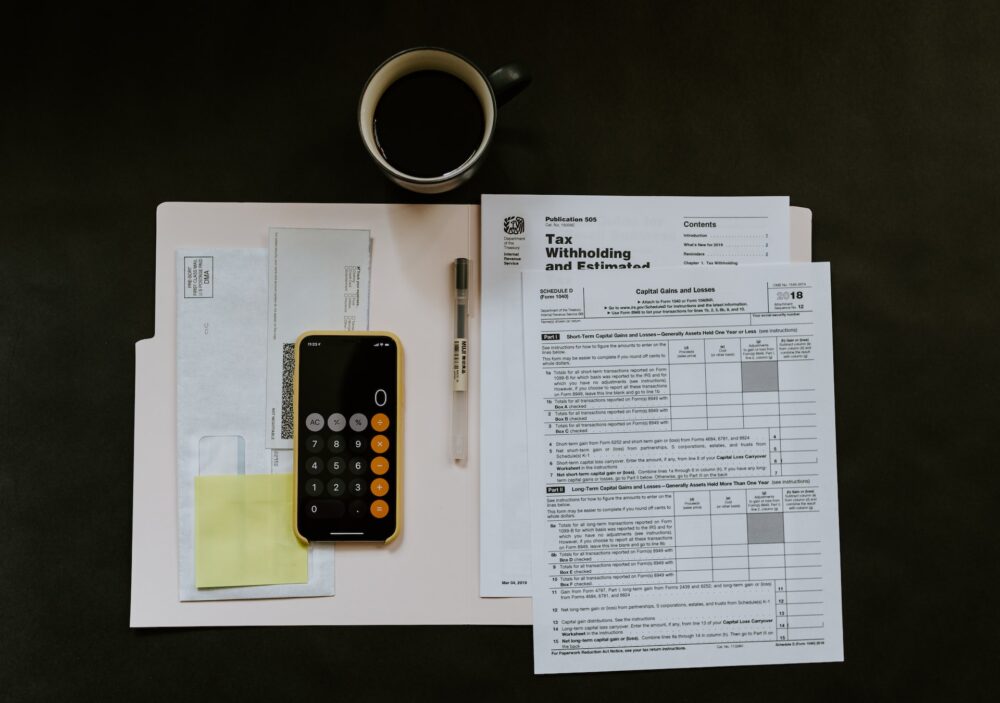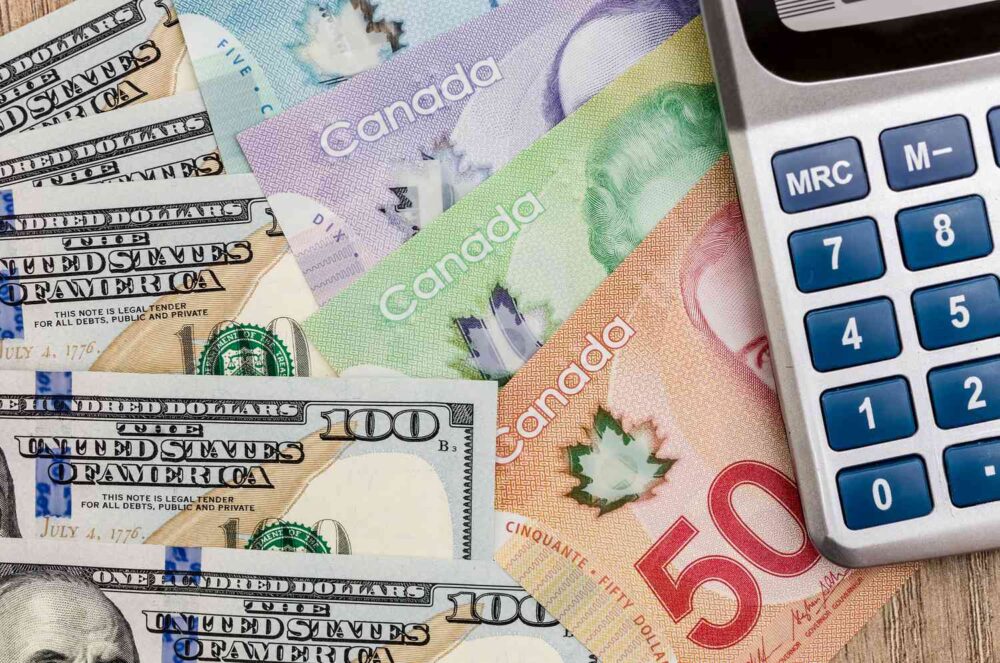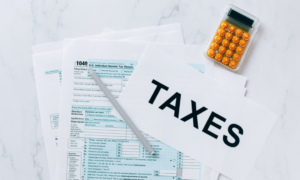Before we start there is a specific qualification in the terms of running a small business, that depends on the earnings you have. If you want to qualify for the small business tax rates, your business needs to belong to the group of the following parameters.
- Your business earnings are less than $50,000 in income that comes from passive investment
- Your business earnings are less than $500,000 of active business income that you have on a yearly basis
- The taxable capital of your business is less than $10 million.
- If you are experiencing business growth and your taxable capital goes between $10 and $15 million, you still can take advantage of the small business tax rate for a part of your income. However, the rest is taxed at the general business amount.
What is the Small Business Tax Rate in Canada?

Source: unsplash.com
The federal government enforced this term of the lower tax rate in Canada back in 2017. The term the small business tax rates is also known as Small business deduction – SBD. The whole concept of these small tax rates was invented with the purpose of helping small businesses get off the ground. It all started when a small organization wanted changes because many small businesses were closed due to unsustainable tax bills. All businesses that are having more than $500,000 of taxable income on yearly basis no longer qualify as small businesses. This means that they will pay a higher rate.
Find More About Provincial and Territorial Tax Rates
In Canada, provinces and territories have different rates of taxable income. More precisely, all of them are having specific lower rates and higher tax rates. This is a part of the federal tax rate of 9% for small businesses and 15% for general corporation tax. In some Canadian provinces or territories, the business taxes rates stand for the overall business limit that needs to e less than $500,000 of income that is being taxed at 9%.
On the other hand, larger businesses are taxed at the general business rate of 15%. Those rules refer to all areas that are covered by the corporation tax collection agreements – CRAs. For the areas that do not belong to this group, the state is not allowed to ask for more tax than the federal standard.
Owning a small business in a province or territory in Canada is highly beneficial in the terms of paying taxes. However, once your business crosses the point and becomes a larger business, you will need to pay 16% corporation tax and also the higher federal rate. This means that Canada is one of the most expensive places to have a larger business.
One more thing that is worth mentioning is that in some provinces or territories, the rate of tax paid that goes with the federal tax will depend on the type of business you are running. This means that manufacturing businesses will completely pay a different tax rate than a retail businesses in the same province.
What are the small business tax rates for different provinces in Canada?

Source: unsplash.com
- Newfoundland and Labrador – 3%
- Nova Scotia – 2.5%
- New Brunswick – 2.5%
- Prince Edward Island – 1%
- Ontario – 3.2%
- Manitoba – nil
- Saskatchewan – 0%
- British Columbia – 2%
- Nunavut – 3%
- Northwest Territories – 2%
- Yukon – 0%
Reasons why the Small Business Tax Rate is Significant?
When you start running a small business, it can be very hard and challenging for you to make a profit in the first couple of years. That is why many people give up on the idea of opening their private business. Once you start calculating the expenses that you will pay for business setup, advertising, employee wages, etc, you realize that it will be very difficult for you to save some money. You must wait a couple of years so your business can become popular and increase the number of customers and sells. This means that literally every dime that is saved will help the small business to overcome that challenging period.
Despite that, it is very hard for small businesses to secure their funds, and this especially refers to the primary start-up period. That period does not come with any guarantee that the business will succeed, which means that the investors are risking a lot. There is one more problem that all investors are faced with. These types of businesses are still liable in the terms of property taxes and payroll taxes, no matter whether they are having a profit that will allow them to pay this.
This is why The Small Business Tax Rate represents a massive help for all people that have the desire to start their own business.
The government of Canada will take tax from businesses, which means that there will not be a dispute over exemptions. However, the small business will have a lower rate to pay which will provide them a chance to make a profit that can go up to $500,000 in income. Since the business will over the next couple of years from the moment it starts to be faced with payroll increases and labor and carbon pricing increases, the extra money will surely help the business to keep running until it becomes successful.
What If You Do Not Qualify for the Small Business Tax Rate?

Source: moneysense.ca
In the case you are not in the group of businesses that qualify as small businesses, this means that you will be taxed at the general business rate. This rate is currently 15% in Canada. This refers to when the business income exceeds $500,000 per year and the overall taxable capital goes beyond $15 million.
Managing Your Tax Rates
If you have trouble keeping up with your tax rates and managing them, you can find a professional tax service for help. However, you must take it seriously to pay the correct tax amount for each asset or property. In case you declare your tax or you are late with payments you can get a financial penalty.


















